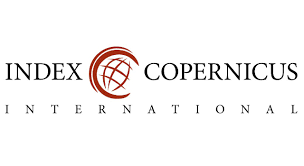Influence Leverage, Company Size, and Shareholding Against Application Green Accounting In Company Sector Energy Listed In The Indonesian Sharia Stock Index (Issi) in 2017-2021
DOI:
https://doi.org/10.24090/ieibzawa.v1i1.762Keywords:
Leverage, Company Size, Shareholding, Green AccountingAbstract
This study aims to determine the effect of leverage, company size, and shareholding on the application of green accounting in energy sector companies listed on the Indonesian Sharia Stock Index (ISSI) for 2017-2021. Leverage in this study is proxied by debt to asset ratio (DAR), and green accounting in this study is proxied by environmental disclosure. This research is a comparative clausal research type using a quantitative approach, as well as using secondary data sources derived from annual reports of energy sector companies registered in ISSI for 2017-2021. Sampling in this study used a non-probability sampling technique, namely the purposive sampling method. The number of samples in this study were 40 energy sector companies that were registered with ISSI and met predetermined criteria. This data is processed using SPSS version 22. The research results show that leverage (debt ratio) has a negative effect on the application of green accounting. Company size (company size) has a positive effect on the application of green accounting. Shareholding (share ownership) has a positive effect on the application of green accounting. As for simultaneously leverage (debt ratio), company size (company size), and shareholding (share ownership) simultaneously have a positive (+) effect on the application of green accounting.











